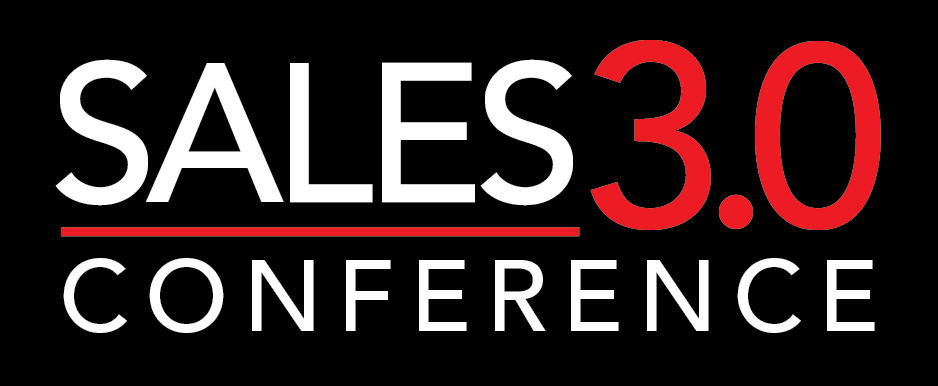I realize the title of this article is heretical to most, if not all, sales professionals. And, if possible, it is even more heretical to their managers. After all, if we actually have the good luck to talk to a live, potentially relevant human being on a cold call, what could be worse than succeeding in scheduling an appointment with them, only to find out they are not qualified?
Even worse, there are so few ways for a prospect to be qualified, and so many reasons to disqualify them. Conventional wisdom, even backed up by actual practice in some cases, says we should not waste the time of our precious account executives with meetings with those prospects that are not qualified to buy—preferably now.
Conventional wisdom is a wonderful thing, but what if it’s dead wrong? The following ten reasons you should never qualify when cold calling are not derived from conventional wisdom: They are the result of analyzing the outcomes of millions of cold calls, and putting into practice—at a pace of about 70,000 cold and follow-up conversations per year for our small team at ConnectAndSell—the learnings from those conversations.
Here they are:
1. It doesn’t really work.
Why? Because a cold call is an ambush, and someone who has just been ambushed has one motivation: escape. So, while the prospect is trying to figure out how to end this unwanted interruption while preserving their self-image as a good person, you launch into what feels like an interrogation. Every answer they give is designed to facilitate escape, and the best answers are the ones that obviously disqualify them. “We’re set” is the most powerful.
2. It actually wastes time, even though it feels like it saves time.
Whether you are setting appointments for yourself, or you are doing so for someone else, your average conversation goes from 1 minute 8 seconds without adding the usual qualification questions to more than 3 minutes—and then tends to yield a false negative.
3. It ignores timing.
The replacement cycle for B2B solutions averages three years. That means that 11/12ths of your otherwise perfectly qualified prospects are not in a possible buying cycle for your solution this quarter. They are not disqualified: They just aren’t ready yet.
4. It squelches curiosity—both yours and theirs.
The primary purpose of a cold call is to schedule an appointment, and the best emotion to drive that is curiosity. When you start interrogating, the prospect immediately stops being curious about what you are all about and starts preparing to resist your impending pitch.
5. It diminishes conversation-to-meeting yield.
This one is simple but subtle. You will obviously have fewer meetings if you disqualify, which might seem fine to you, but actually creates opportunities for your competitors. You have conducted a little research, then been so certain that there is no fit, that you won’t even meet. Your competitor might choose to meet, and, to their delight, learn that you did part of their job for them.
6. It kills relationships in the crib.
Let’s face it—if you turn to a stranger in an elevator and start asking them questions about their business, you will get everything from a funny look to them making a call to security. Interrogation is no way to start a relationship, and B2B requires trust relationships to have a chance.
7. It ignores competition and actually makes your competitor’s job easier.
You do the hard part of getting someone on the phone—a 5% shot that you actually won! And, after all that hard work, you decide, based on unreliable information obtained by interrogation of an ambushed prospect, that you should give up and let your fiercest competitor have a shot at someone who actually answers the phone. You are effectively working for your competitor, which is a bad idea.
8. It keeps you from improving your targeting, and your lists will get worse over time.
Targeting is hard, and improving your targeting is crucial to success in the market—because your list is, literally, your market hypothesis. It needs to be fed good information, and cold calls don’t reliably produce that information: Discovery calls do. Send everyone who is willing into discovery, and then use that information rigorously to make your lists smarter.
9. It cripples discovery.
By splitting discovery across two kinds of conversations—ambush (unreliable information) and actual discovery (reliable, if executed correctly)—introduces a risk that you won’t be able to achieve it at all.
10. It muddies your strategy.
Again, your go-to-market strategy must be reduced to a list, and the list must be improved over time using the best information you have. That information comes from discovery, not an ambush cold call—much less a bunch of cold calls done by different reps who inevitably have different criteria for disqualifying a given prospect.
So, there you have it—ten, count them ten, good reasons to avoid qualification until the confession booth called “discovery.” It takes discipline and a little patience, but, as the saying goes, “Good things come to those who wait.”

Chris Beall is CEO of ConnectAndSell. ConnectAndSell’s patented cloud sales acceleration platform has helped more than 1,000 B2B companies, from small startup ventures to Fortune 500 firms. Download ConnectAndSell’s free ebook, How ConnectAndSell Lightning Enables Work From Home for Sales Leaders.




